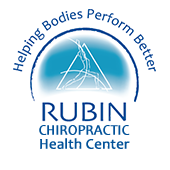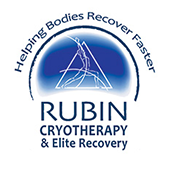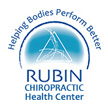Neuromuscular Therapy (NMT) is a highly effective treatment for the elimination of pain caused by soft tissue (muscular) injury. This injury could be from an auto accident, work-related injury, or from repetitive motions involved with a sport or occupation. Even chronic tension is considered a muscular dysfunction.
How does Neuromuscular Therapy differ from massage?

Often, massage is associated with relaxation. Though relaxation is important, NMT differs in that it is detailed and specific and requires a deep understanding of anatomy and physiology by the therapist. The therapy is designed with the goal of restoring balance between the nervous, muscular and skeletal systems.
What is an appointment like?
Your first appointment will include a consultation of your case history along with your current concerns. A postural exam with range of motion observed will also help determine your therapy program. During the “hands-on” portion of your visit, a combination of pressure and gliding techniques will be applied to the problem area(s). When appropriate, hot or cold packs, stretching and associated techniques will be used.
How much therapy will I need?
Factors that determine your therapy program are your general health, length of time the problem has been present, and how much actual tissue damage has occurred. As your problems improve, we will suggest specific exercises to stretch and strengthen the weakened area(s) to prevent re-occurrences. We will also make nutritional recommendations if necessary.
What kind of benefits can I expect from Neuromuscular Therapy?
Whether you’re suffering from a specific injury, or just too much stress, we can help you regain a pain-free, relaxed and healthy life. Every body is different and results differ from person to person. Many people experience relief in a short time after treatment. This is accomplished by increasing circulation and flexibility while reducing the spasm and stress.
These are just a few of the conditions that may respond to NMT:
- Athletic Injuries
- Back Pain
- Bursitis
- Carpal Tunnel Syndrome
- Chronic Fatigue
- Headaches and Migraines
- Joint Stiffness
- Neck/Shoulder Pain
- Postural Distortions
- Sciatica
- Tendonitis
- Tennis Elbow
- TMJ
- Whiplash


